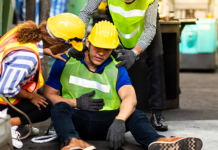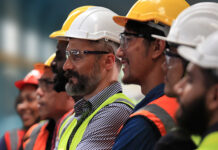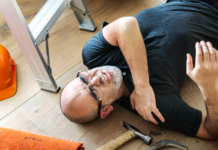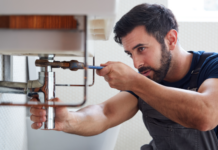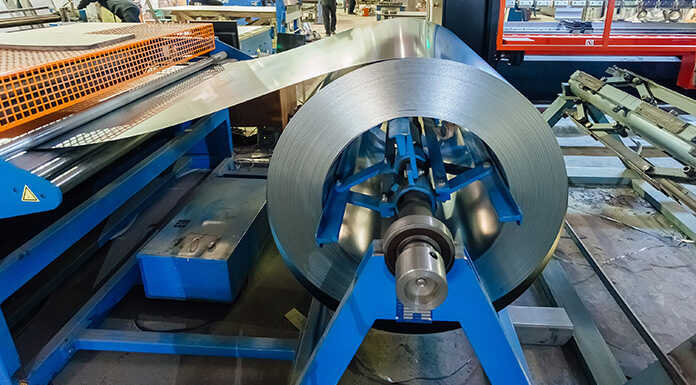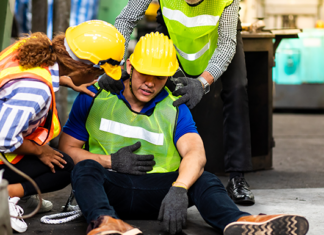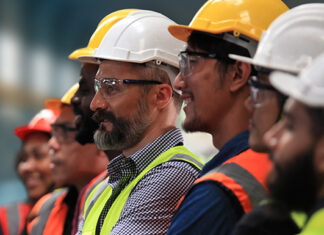Part four of the four-part Machine Safeguarding Series. View series
This blog will discuss machine guarding for rollformers/rollbenders and turning machines.
Rollers
Rollformer machines’ primary function is metal bending, rolling and shaping functions. Rollformers bend a continuous strip of metal gradually to a predetermined shape. Rollbending machines usually have three rolls arranged in a triangle shape and they perform the same process as rollforming, except the machine produces a bend across the width of metal to achieve a curve.
Amputation is one of the most common types of injuries associated with roll formers/roll benders. The point of operation creates an in-running nip point where a hand can get caught and pulled into the operation. Safeguarding these machines must be tailored to each individual machine, taking into account the operations. Some examples of primary safeguarding on rolling machines are: fixed point of operation barriers at the in-feed and out-feed points, interlocked guards to cover any other rotating parts, presence sensing devices (light curtains, safety mats) and two hand controls with only one control station.
In addition to the primary safeguarding controls, sometimes secondary controls are also needed. These can include: awareness barriers, foot pedal locations away from point of operation, safe work procedures, training, emergency stop devices and routine maintenance.
Turning machines
Manual turning machines create parts by turning work pieces in one or both ends of the lathe and changing its shape using tools with specific cutting edges. These machines can pose serious injuries if effective safeguarding controls are not in place. Some of the most common types of hazards associated with turning machines include: entanglement of clothing in moving parts, impact by loose objects (chuck keys, tools), entanglement from wrong tooling and being struck by a work piece that is not secured in lathe.
Machine guarding and you
In closing, machine guarding should be routinely inspected to make sure all devices have the proper protection in place. Your workers should be fully trained on the importance of machine guarding and the proper use of guards. Anytime new equipment is purchased, be sure to add to your checklist to inspect the machine guards and confirm they will adequately protect. Your organization can become safer and more efficient through the proper use of machine guarding solutions.
Check out all of the posts in the Machine Safeguarding Series
Part 1: Machine safeguarding basics
Part 2: Performing a risk assessment and determining controls
Part 3: Machine safeguarding for conveyors & mechanical presses
Part 4: Machine safeguarding for rollformers/rollbenders and turning machines

